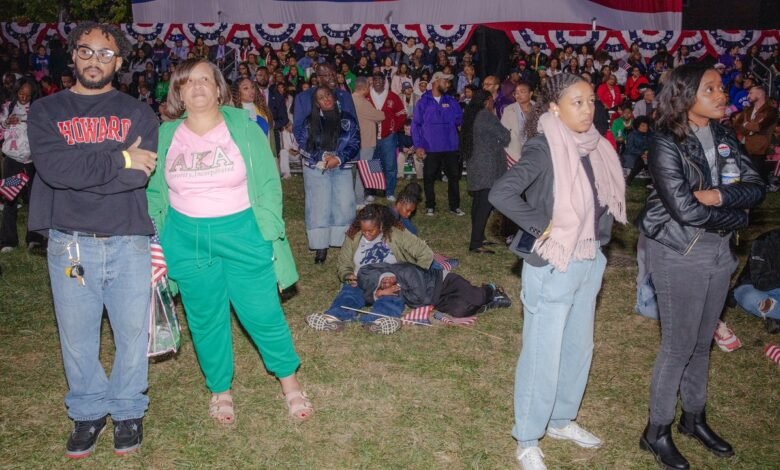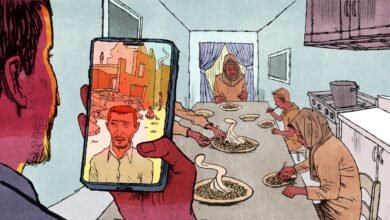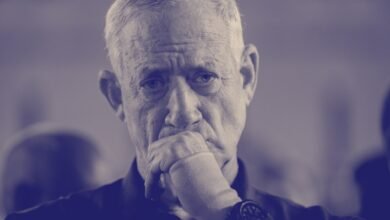The End of Kamala Harris’s Campaign

At nearly every Harris rally I attended, whether at the Democratic National Convention in Chicago or at an arena in Savannah, Georgia, a lone protester would stand up in the middle of Harris’s speech and call for an end to American support of Israel’s bombardment of Gaza. The unease of the crowd every time this happened was palpable. (In Kalamazoo, the audience started booing over a protester. Two men in suits, evidently security, rushed up the steps from the floor of the arena where the protester was standing, held campaign signs up over him as if he could be camouflaged, and led him out.) Harris would typically respond by saying something along the lines of “We need to end this war and bring the hostages home,” which only served as a reminder that the Biden-Harris Administration had not managed to do so. Regardless of the extent to which this mattered electorally, it mattered in the rooms in which Harris spoke, where her supporters were asked to ignore the dissonance between the ideals of freedom and democracy in her speeches and the reality on the ground in Gaza.
As Harris made a bid to appeal to the center, there were many moments in the campaign that rang hollow: when she said, while representing the Party that has aimed to present itself as a leader on climate change and gun safety, that she would not ban fracking, or asserted that she kept a Glock, telling Oprah that “if somebody breaks in my house, they’re getting shot.” Then there were her appearances with the anti-Trump Republican and former congresswoman Liz Cheney and the pride with which Harris received the endorsement of her father, the Republican former Vice-President Dick Cheney, one of the architects of the Iraq War.
As the campaign came to a close, celebrities such as Taylor Swift, Beyoncé, Jennifer Lopez, and Tyler Perry lined up to endorse Harris. But in an election that was probably decided on the sense of precarity experienced by many Americans—that a stable career, a secure home, and affordable child care are increasingly elusive; that financial ruin is an accident or illness away—these famous figures did not help the Party reassure a wide swath of voters that it understood what they cared about and needed to hear.
At Howard, as we waited to hear Harris’s concession speech, I asked a few people what they thought the campaign should have done differently. “I’ve been door-knocking since I was seventeen,” Joanna Blotner told me. “Since 2010, there is a consistent message of just not feeling like votes matter, like anything that happens in Congress or in D.C. has an impact…. So when you talk about democracy being on the line, there’s no resonance. They don’t see democracy working.”





